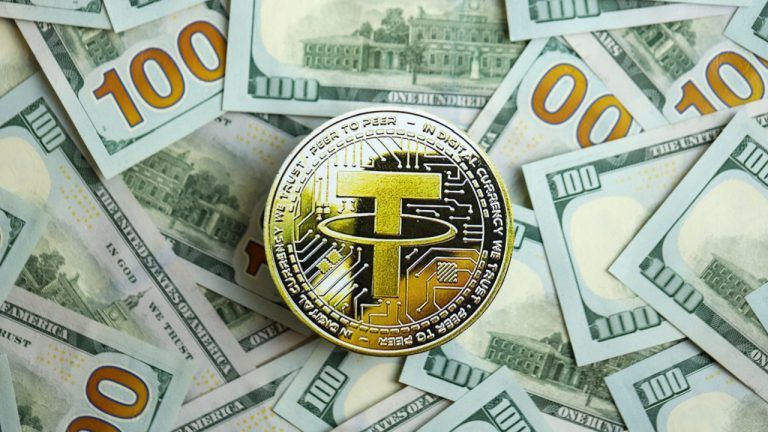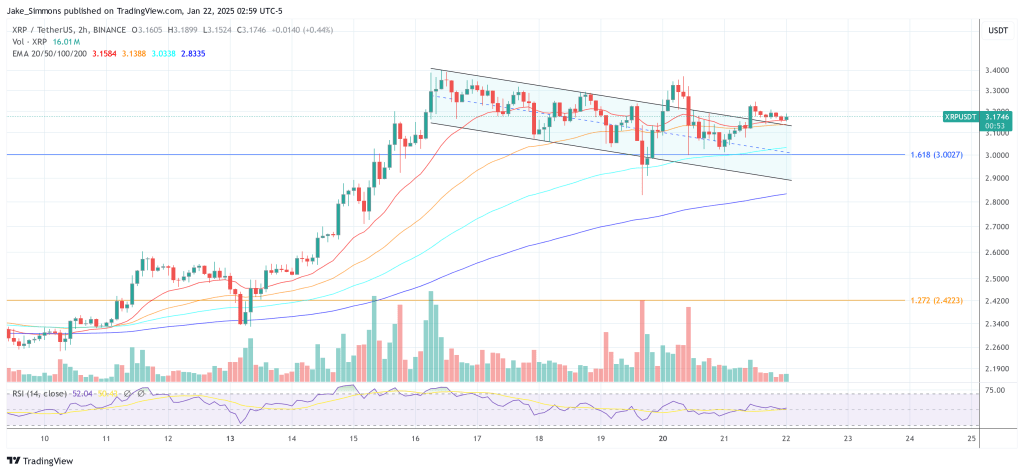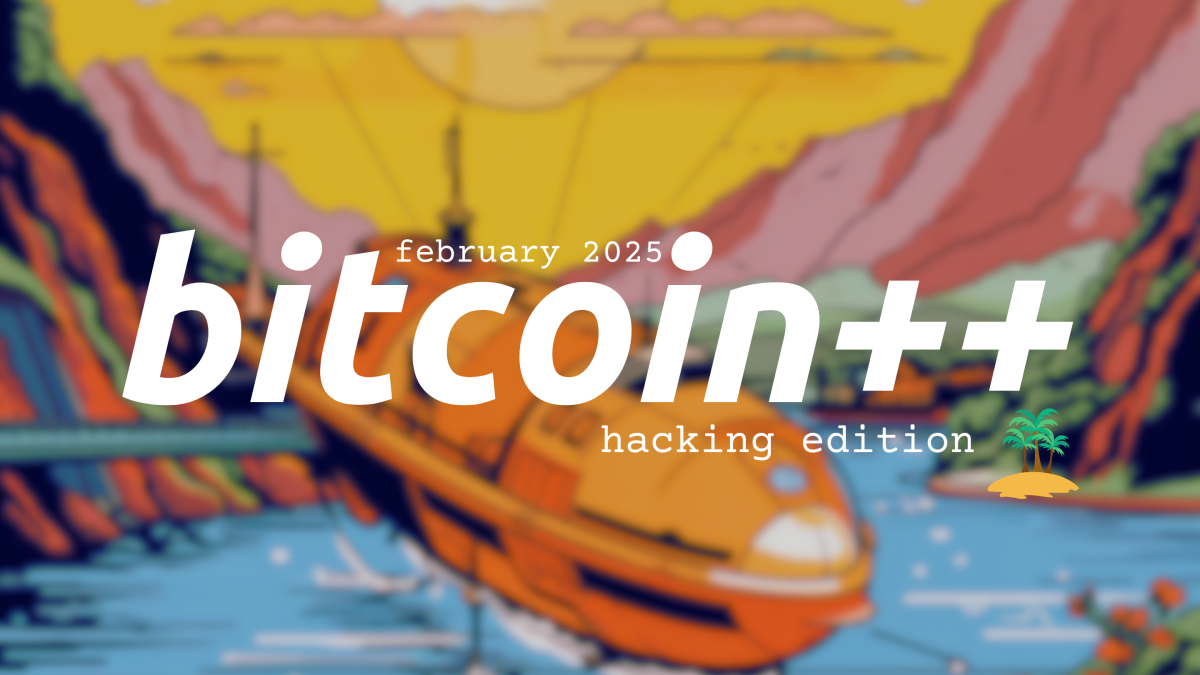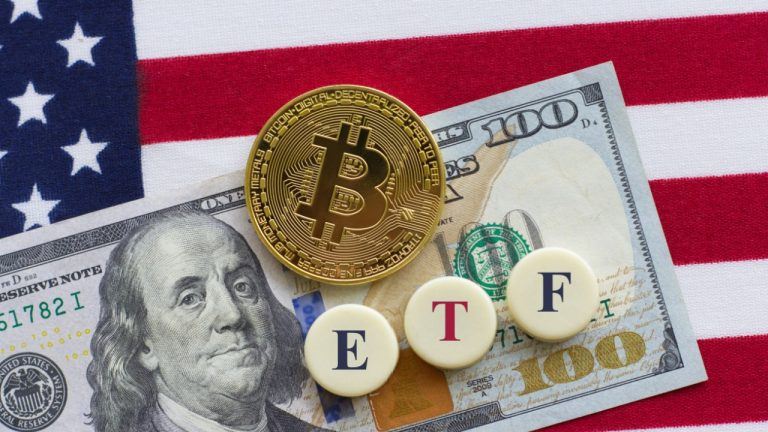El Salvador, the first nation to adopt Bitcoin (BTC) as legal tender, has recently announced the relaunch of its wallet app Chivo, which is supposed to patch the previous version’s stability and scalability issues. The update is welcomed news for the Central American country’s crypto experiment, which faced some hurdles and harsh criticism over the last few months. While much of the observers’ attention has been focused on aspects such as retail adoption of crypto and geopolitical implications of Bitcoin’s legal status in El Salvador, the progress of the nation’s mining industry toward achieving President Bukele’s moonshot vision has been less discussed lately. Here’s what the current prospects of El Salvador’s mining industry look like.
“Endless” possibilities
In October 2021, when El Salvador had already become the world’s first country to adopt Bitcoin, one of its main energy sector officials shared his optimistic view on the prospects of crypto mining in the country.
President of the state-run Lempa River Hydroelectric Executive Commission Daniel Alvarez told journalists about the “endless possibilities” to produce energy via hydroelectric, solar, wind and tidal power plants with “willpower” being the only component needed to succeed. “We don’t spend resources that contaminate the environment, we don’t depend on oil, we don’t depend on natural gas, on any resource that isn’t renewable,” he also remarked.
El Salvador’s current energy capacity, however, is rather modest. Reportedly, it has only two geothermal power plants — one at the base of the Tecapa volcano and one in Ahuachapan — that already contribute to Bitcoin mining. Together, they generate slightly under 200 megawatts of electric power and only one of them allocates 1.5 megawatts — the only known figure to date — to Bitcoin mining. Hence, the El Salvador leadership’s ambitions would clearly demand massive developments of new facilities. It looks like they definitely have some ideas in that department.
The Bitcoin city megaproject
In November 2021, El Salvador’s President Nayib Bukele announced his plans to build a new Bitcoin city. The settlement is to be constructed in a ‘“coin shape” at the base of the Conchagua volcano whose geothermal energy would be used to mine Bitcoin. In Bukele’s vision, it should become a perfect combination of glittering neon lights and near absence of taxation:
“Residential areas, commercial areas, services, museums, entertainment, bars, restaurants, airport, port, rail — everything devoted to Bitcoin.”
Keeping up with the regional traditions, this ambitious construction project is to be backed by a bold financial scheme — $1 billion in bonds — half of which would go directly to city construction and the other one would be invested in Bitcoin. The bonds are supposed to last 10 years and pay 6.5% annual interest to their holders. Any investor with a bond share upwards of $100,000 ould qualify for Salvadoran citizenship.
The scheme is backed up by major crypto industry players. Canada-based blockchain technology enterprise Blockstream is responsible for issuing the bonds in the form of tokenized securities on Liquid blockchain while Bitfinex would host them on its platform. According to Samson Mow, chief strategic officer of Blockstram, by the end of the bond's 10th year, its annual percentage yield will sit at 146% level, as, according to his forecast, BTC price would reach the $1 million mark within five years. That would make El Salvador “the financial center of the world” and “the Singapore of Latin America.”
The many challenges
There is a host of issues accompanying the Salvadoran Bitcoin turn: political backlash against President Bukele and his initiatives, pressure from the IMF and other international actors and the early troubles of the Chivo app. When it comes to plans of massively beefing up the country’s mining infrastructure, there is a number of stumbling blocks as well.
The Bitcoin city announcement saw the existing fiat-denominated El Salvador bonds plummet and raised a number of questions from investment experts, the main one being, “Why buy Bitcoin-backed Salvadoran bonds if you could just buy Bitcoin?” Some pointed out that the country already has a record of failed charter city plans, as well as the fact that the Conchagua volcano, which is supposed to power the city and its BTC mining operations, has recently shown some noticeable seismic activity.
Worse, still, some critics argue that El Salvador’s overall energy profile does not offer great crypto mining potential. One concern is that the country still has to import around 20% of its energy mainly from Honduras and Guatemala. According to some estimates, current industrial energy rates in El Salvador range from $.13 to $.15 per kilowatt-hour while the global average price of Bitcoin mining is around $.05 per kilowatt-hour.
The data from the recent study by DEKIS Research group at the University of Avila ranks El Salvador as number 73 in the global crypto mining potential ranking — while 35% of energy comes from renewable sources. For example, in the United States, this proportion stands at around 7.5%. The levels of national R&D expenditure, human capital index and energy prices put El Salvador closer to the least sustainable countries for mining operations.
Pivoting to renewables
Despite some obvious limitations, the notion of El Salvador’s “endless possibilities” when it comes to mining is not a mere bravado. Like many other Latin American nations, El Salvador possesses a hefty, if yet unrealized, the potential for renewable energy. Talking to Cointelegraph, Philip Ng, vice president of corporate development at green data centers provider Soluna Computing, emphasized the global trend in the direction of making renewable energy more accessible, also noting that it should benefit countries like El Salvador:
Renewable energy is now astonishingly affordable, with the cost to build wind falling 72% since 2009 and solar falling 90% over the same period [...] Renewable technologies offer a profound opportunity for South American power markets. Renewable energy assets can be built at a significantly smaller scale when compared with conventional energy. The result is that grids no longer face large transmission and infrastructure buildout costs when trying to add cheap and clean power.
Ng offered the example of Chile, whose recent investments in renewable energy have allowed the country to transition from a net importer of carbon fuels to an exporter of renewable energy. A crucial step in triggering such transition is demand, which is not an easy thing to grow in countries with relatively small populations.
One solution could be to establish a “consumer of last resort,” or a layer of users that would ensure that power producers have a diversified revenue stream and don’t have to rely solely on the utilities. Bitcoin miners could become such a class of consumers. Establishing such an arrangement would also mean that power producers never have to curtail their excess production. A case in point is Kenya, where hydroelectric plants share excess renewable energy with crypto mining facilities.
Responding to Cointelegraph's request, a Blockstream spokesperson said that an announcement regarding the status of El Salvador’s Bitcoin bonds project will follow at some point in Q1 2022. It is yet to be seen if Nayib Bukele’s exotic aspiration to build a coin-shaped city at the foot of a volcano will materialize in a pragmatic strategy that attracts foreign investments. But, even today it is clear that getting ahead in the renewable energy race will be vital for the success of El Salvador’s massive crypto mining projects.

You can get bonuses upto $100 FREE BONUS when you:
💰 Install these recommended apps:
💲 SocialGood - 100% Crypto Back on Everyday Shopping
💲 xPortal - The DeFi For The Next Billion
💲 CryptoTab Browser - Lightweight, fast, and ready to mine!
💰 Register on these recommended exchanges:
🟡 Binance🟡 Bitfinex🟡 Bitmart🟡 Bittrex🟡 Bitget
🟡 CoinEx🟡 Crypto.com🟡 Gate.io🟡 Huobi🟡 Kucoin.




















Comments